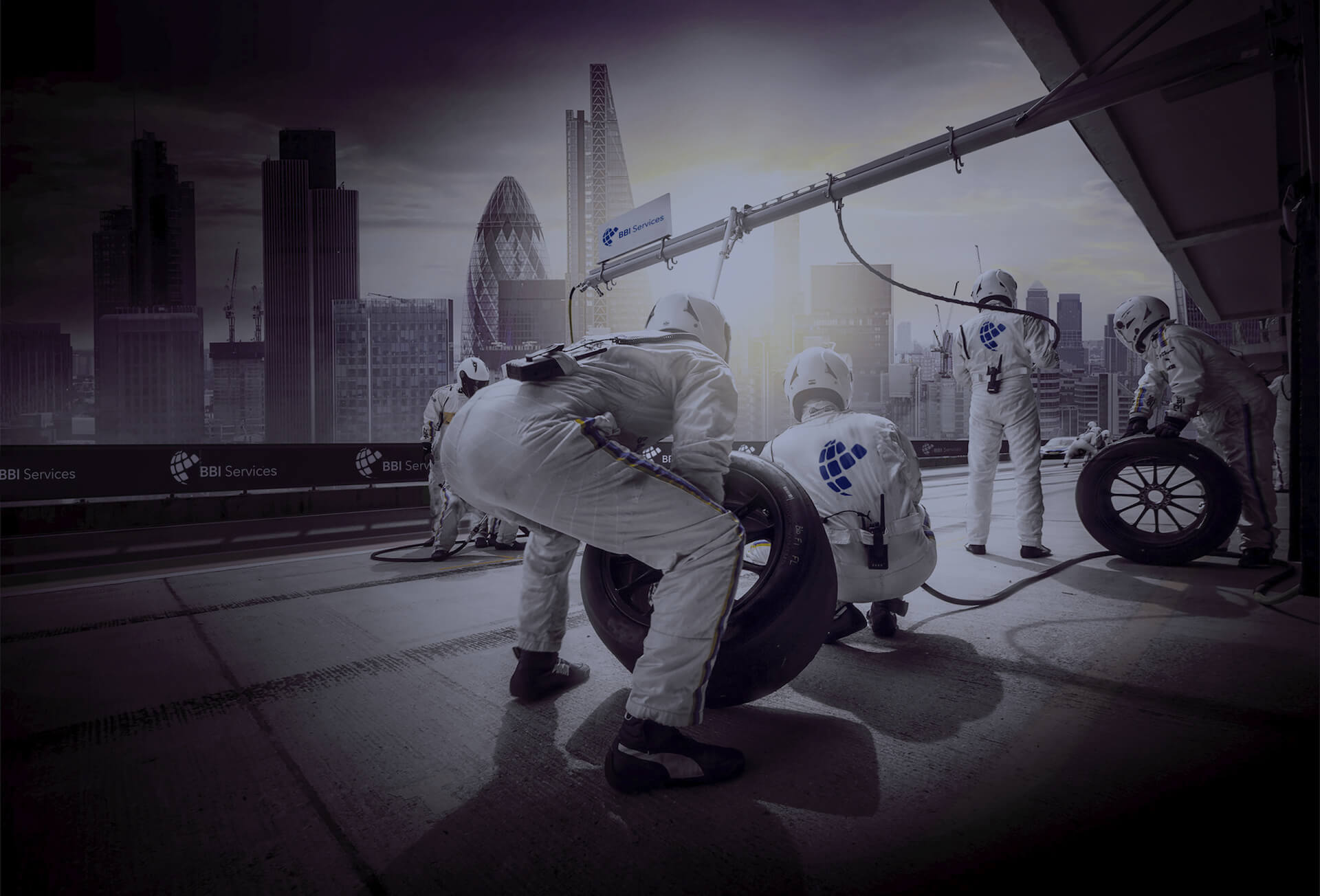Mark Worrall, CEO of business improvement specialists BBI Services, addresses the main factors affecting quality, right first time and errors in the built environment – and highlights how to tackle them.
The construction industry, like many other sectors, is under constant scrutiny to improve – and rightly so. Not only are the budgets for construction projects enormous, but the potential safety risks are huge.
In fact, research from the Get It Right Initiative (GIRI) found that the amount of money UK construction spends to correct errors is seven times higher than its total annual profit1.
Meanwhile, research shows that 39% of all construction’s workplace injuries happen as a result of totally avoidable rework activity.
Yes, errors cost time and money – but they also put people’s lives at risk.
That’s why ruthlessly identifying, tackling and eradicating errors is such a vital step towards making construction better and driving profitability higher.
Additionally, applying the design for manufacture and assembly (DfMA) approach and error proofing existing methods will have significant impacts to the quality of the build.
Here are some of my top tips for cutting costly waste, reducing mistakes, and improving productivity across UK construction.
Raising the performance and building right first time
With construction projects often costing huge amounts, the impact of non-right first time is enormous. Rework is required when an activity may need to be done again to correct a fault.
A good place to start, when exploring how to reduce the risk of rework, is capturing and investigating the snags, defects, and where things are happening right first time in your current operations. This doesn’t require lots of extra effort and resource, it’s simple to do if done correctly.
From the data collected, it’ll be easier to identify the key areas, products and processes which need to be addressed. It also provides the chance to explore the team’s skills and capabilities, the existing process procedures in place, and how well the processes are followed.
As human error is one of the main reasons for rework, defining the standard work required to produce a quality outcome is crucial. This includes evaluating the tools, safety points and quality care points, and then regularly reviewing the team’s skills and behaviours to drive improvement and reduce mistakes.
Offering coaching and support to practically upskill the team will help turn their existing knowledge into a more applied and deliberate practice which will, as a result, spread across lots of teams within the business.
Additionally, by engaging early on in the project lifecycle, teams will be able to assess the design for manufacture and assembly, and complete error proofing to ensure robust right first time outcomes are achieved.
At BBI Services, we’ve worked with some of the major players in the built environment to unleash the potential of their people.
Combining best-practice coaching, e-learning and collaborative working approaches, our specialists equip teams with the skillset, toolset and mindset to succeed.
Improving the performance of your supply chain
A high percentage of construction project costs also link back to the products and services provided by the supply chain. It’s therefore essential to make sure it’s functioning properly to avoid unnecessary financial losses.
I would recommend thoroughly analysing the supply base in use to identify their strengths and weaknesses, but also whether they are a strategic, tactical or commodity supplier. Apply an assessment criteria to rank them in terms of how skilled and easy to work with they are, and, most crucially, review their process capabilities and performance against the quality and production demands.
Focus on building stronger collaborative relationships with your strategic and tactical suppliers and embed them so they become an integral partner in your supply chain.
It’s not something that’s often done in the construction industry because focus is often on the lowest cost, rather than maximising value and overall cost. However, by stepping back and critically looking at suppliers – to see who is bringing the most benefit and causing the most pain – teams can quickly drive huge improvements in business and project performance.
Improving the productivity of your people
Research into productivity in construction shows that it’s flatlined. It’s only risen by 12% in the last 20 years, while in the overall economy productivity has seen a 53% rise.
To drastically improve productivity in the sector, companies need to be focusing on doing the right activities, with the right resources, at the right time. And the good news is that businesses don’t have to reinvent the wheel to do this.
One of the key factors which impacts productivity is wasted time and effort. Therefore, identifying and eliminating the key time stealers is one of the first steps businesses should take to create big savings on time, money and materials.
We have experience working with companies to analyse their processes and operations to give them the confidence and assurance that they’re making the right thing, in the right way, in the right time – every time.
